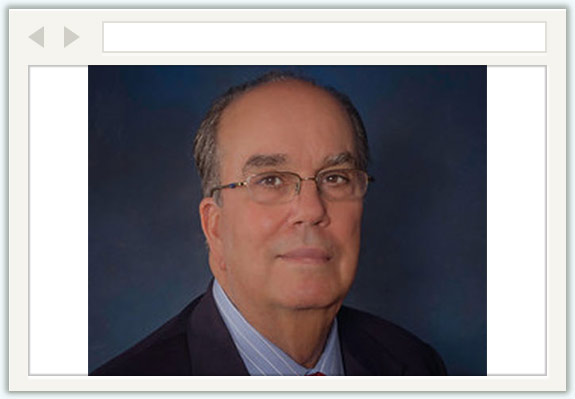Meet Our Coaches
Conflict Coaching Matters, LLC is very proud to introduce the following coaches and partners. This roster includes undisputed leaders in coaching and dispute resolution in community, federal government and military, family and elder, workplace/organizational, higher education, and K-12 education contexts.
These leaders in the field bring the highest quality skills, experience and ethical orientation to their work. If you are interested in exploring a conflict coaching relationship please reach out to one of our coaches and discuss the process with them. Each can be contacted individually through the attached pages to determine their availability and fee structures for coaching relationships.
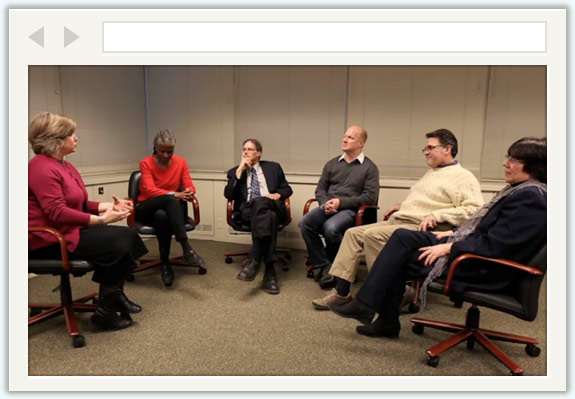
Tricia S. Jones, Ph.D.
Dr. Tricia S. Jones is the CEO and Owner of Conflict Coaching Matters, LLC. She is a leader in the field of dispute resolution and is acknowledged as a leading conflict scholar and conflict practitioner. Dr. Jones is a Full Professor at Temple University (Philadelphia, PA). She serves as a member of the Board of Directors for the Association for Conflict Resolution, and is past-president of the International Association for Conflict Management (IACM) and a member of the IACM Advisory Board. Her conflict coaching work has focused on coaching for government agencies, higher education, private and non-profit organizations, and K-12 contexts (especially peer conflict coaching for special education).
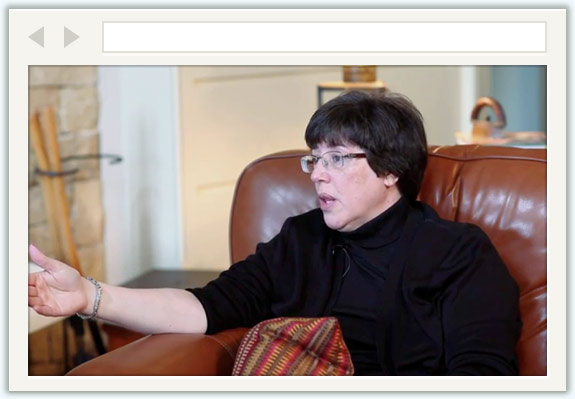
Cheryl Cutrona, J.D.
Cheryl Cutrona, Executive Director of the Good Shepherd Mediation Program (Philadelphia, PA), has been a leader in the community mediation field for over three decades. Cheryl helped develop and initiate the use of conflict coaching in community mediation centers. Cheryl is also a Special Education mediator and is an expert in special education conflict coaching. Cheryl has provided conflict coaching services and training around the world, with special emphasis on her work in Israel, training Israeli community mediators in conflict coaching processes in partnership with Mosaica Mediation (Jerusalem).
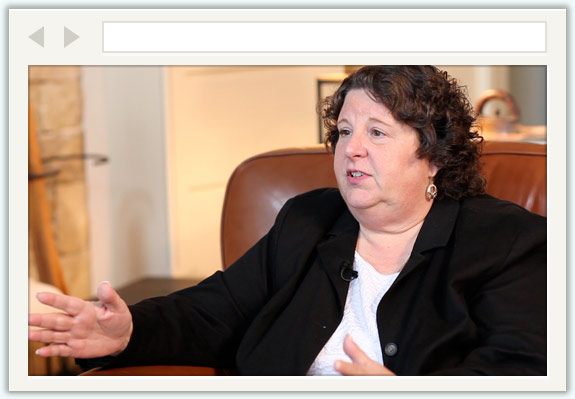
Neill C. Edwards
Neill C. Edwards, M.A. is a the Founder and CEO of Redstone Leadership, a consulting company which specializes in executive coaching and leadership training focused on conflict management and creating performance accountability. Neill holds a Master's degree in Counseling Psychology. He has coached leaders at companies such as State Farm, KPMG, Kaiser Permanente, Wyeth Pharmaceuticals, The Children's Hospital of Philadelphia, and The University of Pennsylvania among many others. Neill has been published in Strategy and Leadership: How to Combat a Culture of Excuses and Promote Accountability, (2006). He is a contributing author of Leadership without Excuses (McGraw-Hill, 2010).
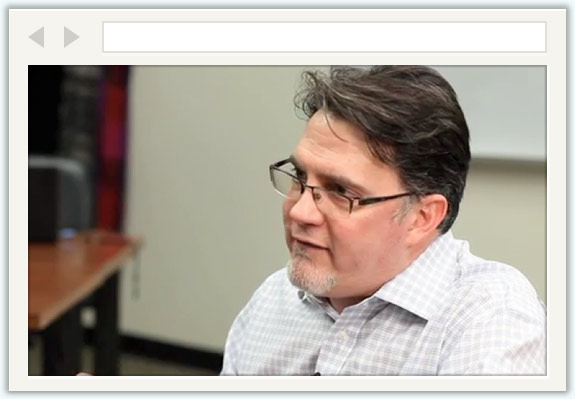
Merri Hanson, M. A.
Merri Hanson is the Director of Peninsula Mediation & ADR, a provider of mediation, facilitation, conflict coaching, and negotiation services and training. She provides conflict coaching services for federal agencies, private corporations, and non-profit organizations throughout the continental United States, the Pacific region, and Puerto Rico and Mexico. Merri is the leading conflict coach in military contexts in the United States, working with the Department of Navy, Department of Veterans Affairs and the Department of Defense.
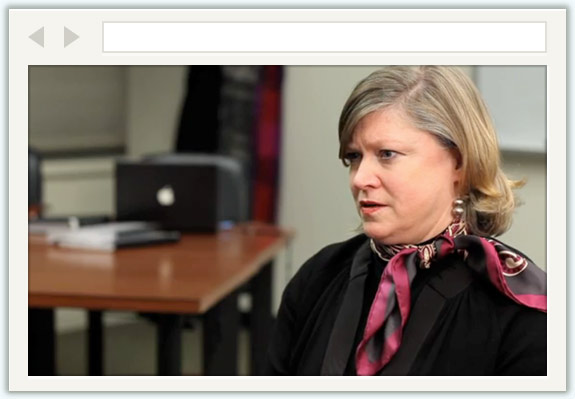
Zena Zumeta, J.D.
Zena D. Zumeta, J.D., is an attorney, mediator, mediation trainer and conflict coach. She mediates, coaches and trains in civil, domestic relations, and employment disputes. She is past President of the national Academy of Family Mediators and the Michigan Council of Family and Divorce Mediation. She was given the Distinguished Service Award for service to the field of mediation by the ADR Section of the State Bar of Michigan, the Distinguished Mediator Award by the Association for Conflict Resolution, and the Kumba Award by the Second National Conference on Minorities in ADR. Zena has presented at numerous national, state and regional conferences, and is one of the pre-eminent trainers of mediators in the country. She was an Adjunct Clinical Professor of Law at the University of Michigan Law School, and is an adjunct professor at Pepperdine University Law School and Cooley Law School. Her coaching experience started with her work with employees through the Michigan Nurses Association, and has continued with her work as mediator and organizational consultant. Zena offers coaching in person, on the telephone, and by Skype. Zena offers coaching in family, employment and organizational disputes.
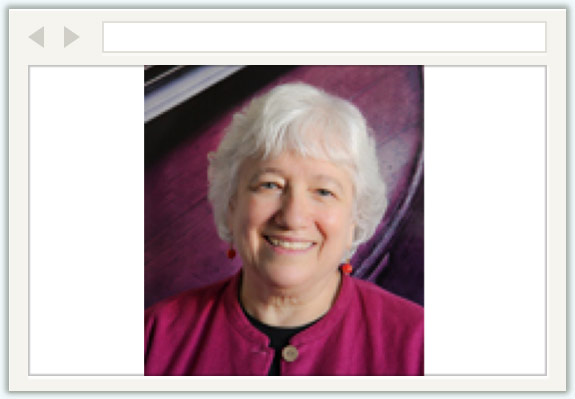
Stephen Kotev, M.A.
Stephen Kotev is a conflict resolution consultant based in Washington D.C., providing mediation, negotiation, conflict analysis, facilitation, training and somatic education to private and government clients such as the Department of Veterans Affairs, the Equal Employment Opportunity Commission, the Social Security Administration, the Department of Homeland Security, D.C. Office of Human Rights, Justice and Sustainability Associates LLC, Northern Virginia Mediation Service, Civil Court for New York City, New York County Lawyers' Association, Safe Horizon Mediation Center and the United Parcel Service.
He is an adjunct faculty at George Mason University's School for Conflict Analysis and Resolution in Arlington, Virginia. In conjunction with the American Bar Association Rule of Law Initiative, Stephen conducted trainings in alternative dispute resolution to government and private sector lawyers at the Bahrain Chamber for Dispute Resolution in the Kingdom of Bahrain, the Qatar Foundation and Qatar University in the State of Qatar and the Government of Dubai Legal Affairs Department in the United Arab Emirates. In 2010, Stephen taught mediation, negotiation and somatic skills at the 12th Annual Intercultural Negotiation and Mediation Institute in Berlin, Germany, which was jointly sponsored by Tulane University and Humboldt University law schools. Stephen offers conflict coaching in a variety of government and corporate contexts.
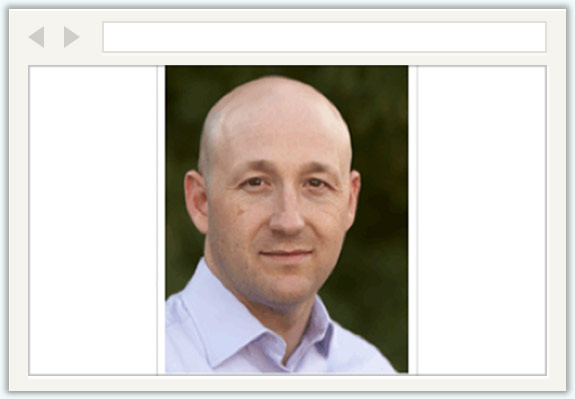
Clymer Bardsley, JD
Clymer Bardsley, JD, is the Program Director at Good Shepherd Mediation Program, overseeing program development, market development, and juvenile justice initiatives. Clymer mediates cases in Philadelphia's Family Court involving custody, divorce, and abuse and neglect; and mediates employment discrimination cases for the Equal Employment Opportunity Commission. His conflict coaching practice focuses on Family conflicts (Divorce/Relationship, Custody/Parenting Estate Planning) and Employment conflicts (Job Changes, Workplace issues).
Clymer began his mediation career in 2002 while a member of the Benjamin N. Cardozo School of Law's Mediation Clinic. Since then, he has been mediating disputes across the legal spectrum, including landlord-tenant, small claims, divorce and custody, governance, securities, and employment law. He has been a clinical instructor for the The Ohio State University's Moritz College of Law and is currently on the faculty at Columbia University's Teachers College, where he teaches negotiation and mediation for the International Center for Cooperation and Conflict Resolution.
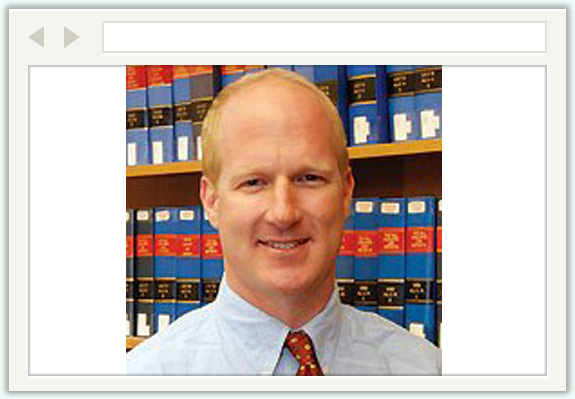
Bobbie L. Dillon, M.S.
Bobbie’s passion is teaching people the skills needed to live peaceful lives. In addition to trainings she offers to the public, Bobbie has provided training in a wide variety of settings including educational and medical institutions, large and small not-for-profits, and court-affiliated programs. As a coach, Bobbie works one-on-one with individuals to help them gain insight and learn the skills needed to better manage conflict. Bobbie also provides conflict analysis and resolution services to for-profit and not-for-profit organizations, as well as facilitation services for long-range planning and improved group communication.
In addition to her graduate degree in conflict analysis and resolution, she received her mediation training at the Upstate New York Mediation Training Institute and the Institute for the Study of Conflict Transformation at Hofstra University, and conflict coaching training through Conflict Coaching Matters. She was recognized as an Advanced Practitioner Member and approved trainer of the Family Section of the Association for Conflict Resolution, an Accredited Member of the New York State Council on Divorce Mediation and is past President of their board of directors, is past President of the Rochester Association of Family Mediators, and was certified by the Unified Court System of the State of New York to mediate court-referred cases, as a volunteer for the Center for Dispute Settlement.
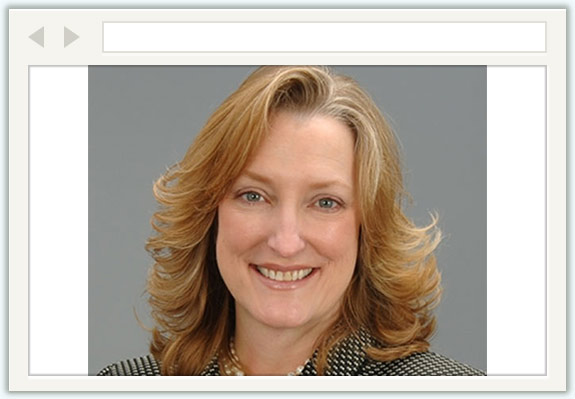
Michael West, M.S. ACC
Michael works with leaders to develop new strategies and behaviors through a process of self- awareness and experiential learning resulting in improved performance, morale, and organizational effectiveness. He helps leaders to gain a better understanding of themselves and others to identify opportunities within themselves and their teams. Michael uses the principles of strengths-based leadership, strategic intelligence, systems thinking, conflict and communications dynamics, and relationship awareness theory to help clients make sense out of their situations--not in terms of what’s wrong, broken or missing—but what is possible. By exploring the cognitive, physical, and emotional aspects of their lives, Michael works with leaders to expand their potential to make better choices and move from where they are to where they want to be. Michael derives deep satisfaction in being a resource, a guide and a witness to a client’s success. He was selected to be one of the first coaches for the Leadership Legacy Program, George Mason University, where he provided executive leadership coaching focusing on implementing meaningful action plans to manage change and achieve desired results.
Michael has served in a number of leadership and consulting roles within the U.S. Army and the federal government. In his 21 years of active service he served in mid and upper level leadership positions. He had several roles including infantryman, military police officer, and criminal investigator. His career culminated in his final assignment as the Director of Criminal Operations managing seven regional offices with approximately seventy investigators and support staff. In these roles he gained practical experience in achieving organizational goals, managing complex issues and developing future leaders. After retiring, Michael became a mediator/dispute resolution professional at the Department of Education where he consulted with department leaders and managers on complex issues of systems and organizational change. He mediated workplace issues between management and the union and other interpersonal issues between managers and employees. During his tenure at the Department of Education he instituted an internal coaching program and created and delivered conflict management and communications skills training to enhance leaders’ conflict management skills. He worked with various teams involving strategic planning, employee engagement, and conflict resolution interventions geared to achieve specific cultural changes, interpersonal effectiveness and improved operations.
